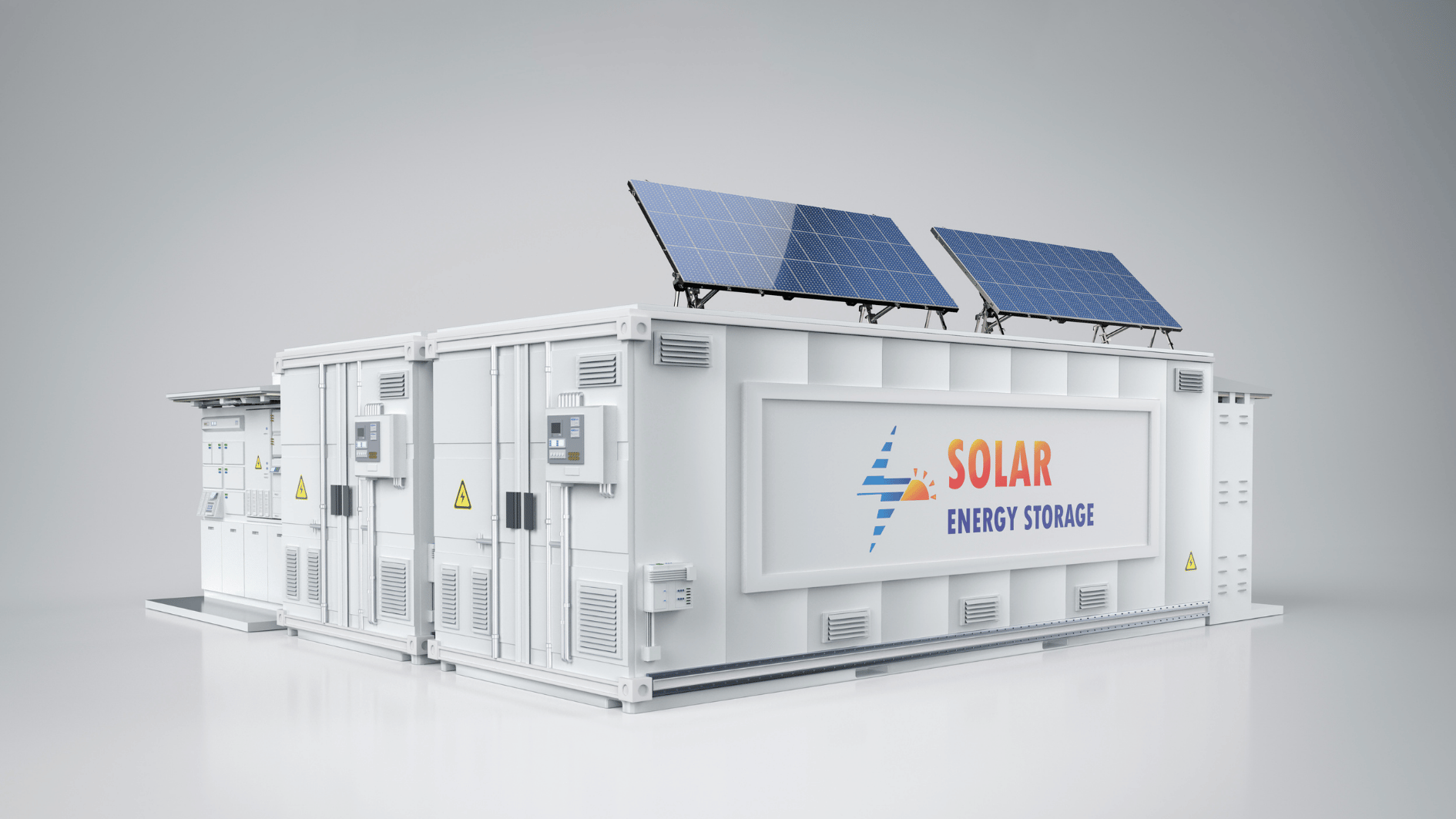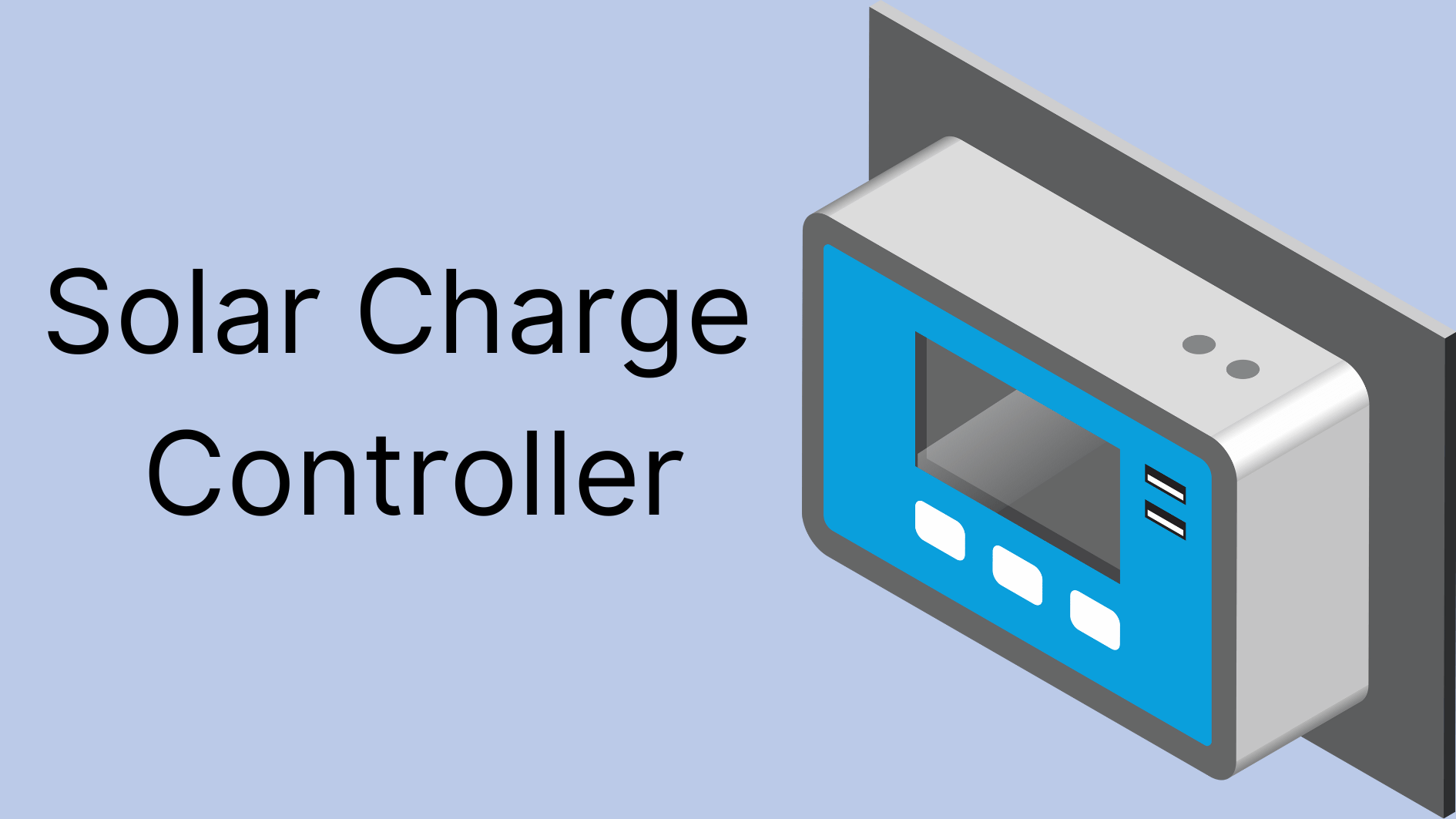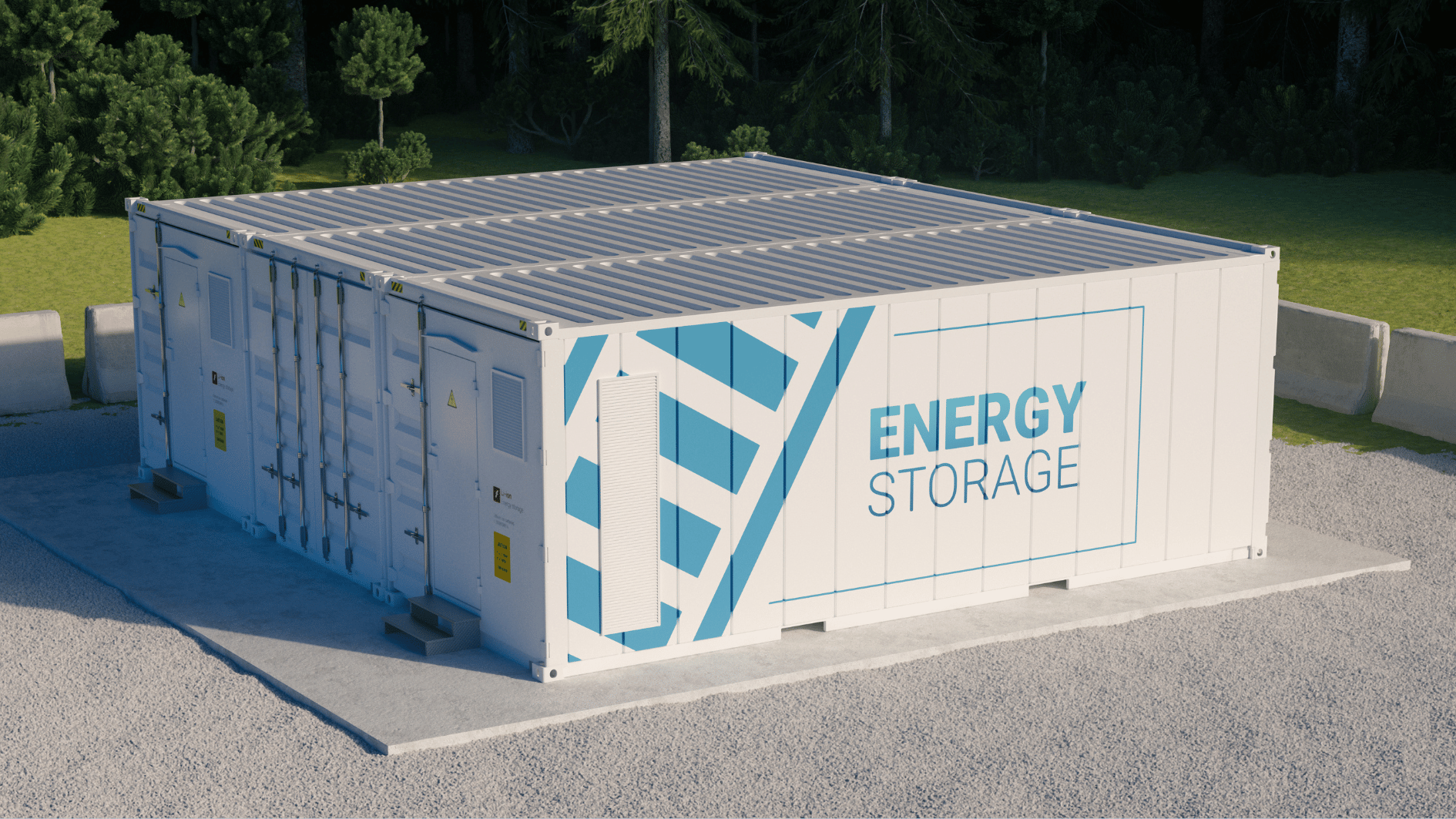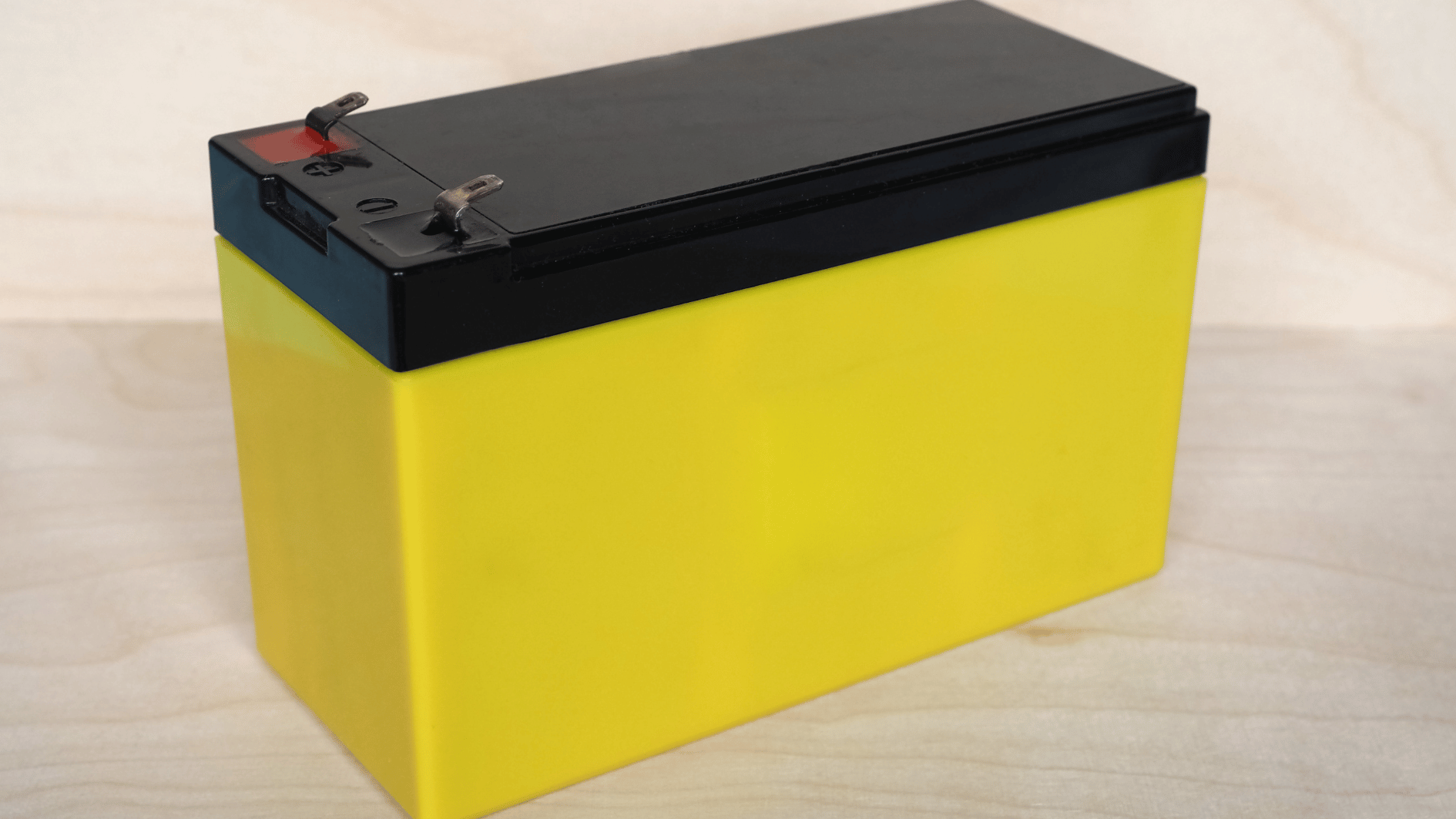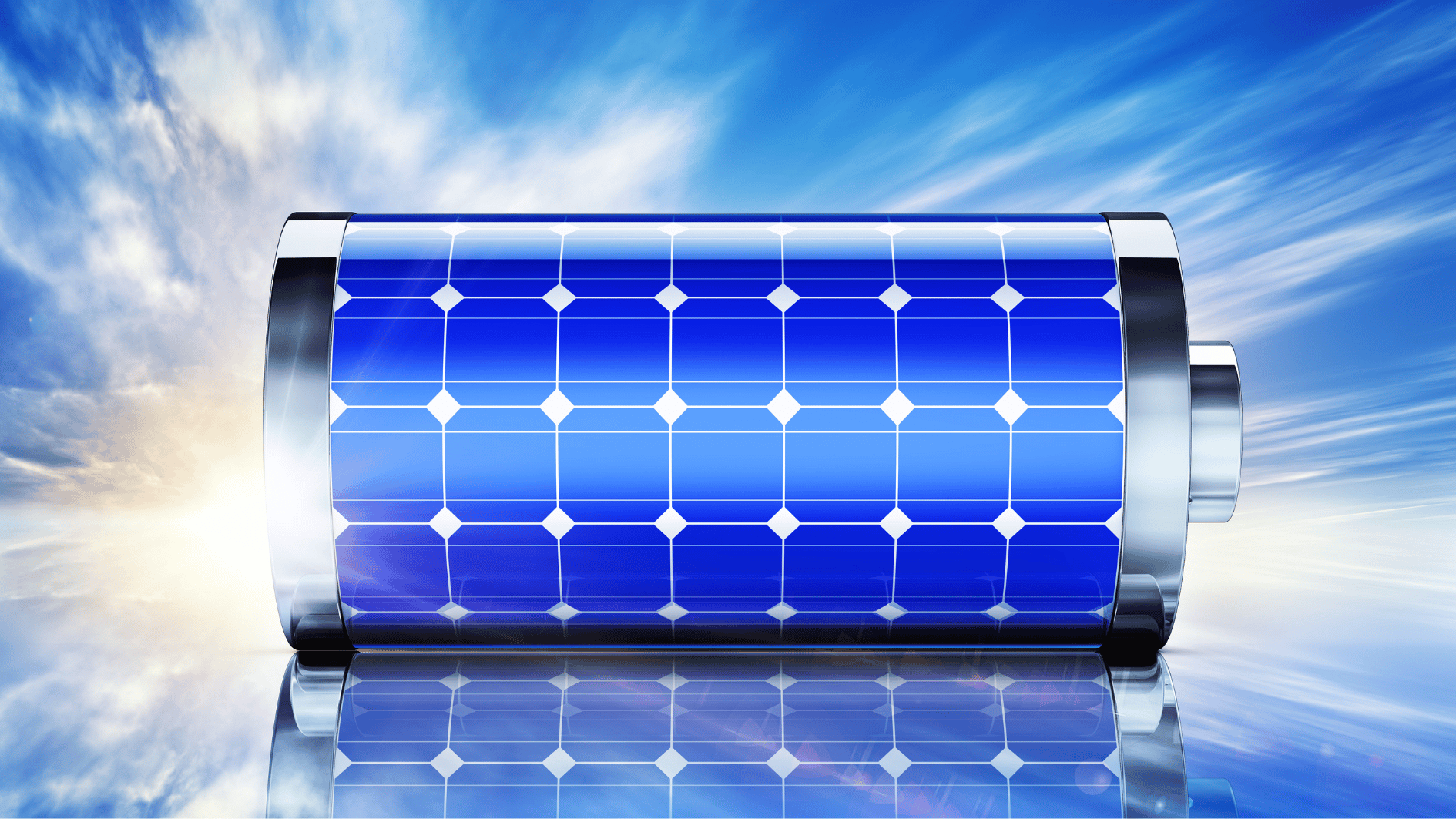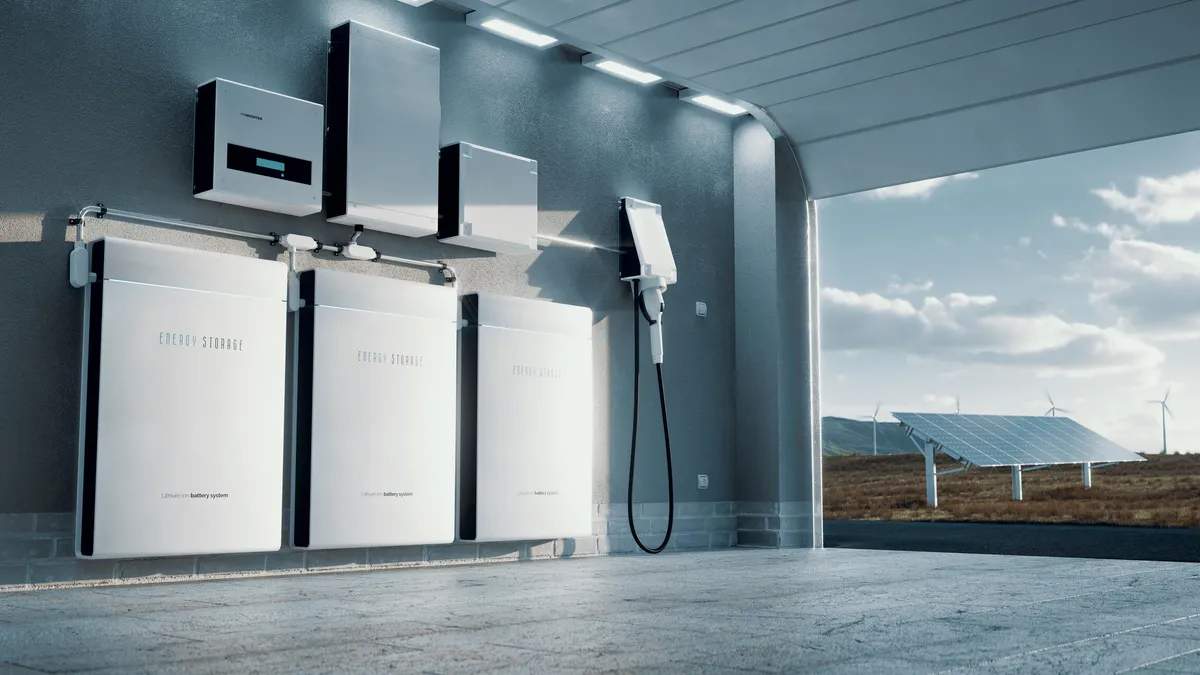Categories: Solar Batteries
Flow Batteries in Solar Systems: A Game-Changer in Energy Storage
Flow batteries offer a reliable, scalable, and sustainable solution for solar energy storage, addressing challenges of intermittency and long-term energy management.
Solar Energy Storage: How Does It Work?
The advantages of storing solar energy are clear: from financial savings and energy independence to environmental benefits and grid stability, energy storage is a key component of a modern, resilient,…
Solar Charge Controllers: What They Are and Why They Matter
A solar charge controller is a vital component of any solar energy system, serving as the bridge between your solar panels and battery bank.
Considering a Home Battery: What to Anticipate in Payback
With rooftop solar panels, you may generate surplus energy beyond your immediate needs. While net metering allows you to sell this excess energy to your utility, another option is to…
Islanding and Battery Backup: Essential Information You Need to Know
Islanding refers to the ability of a solar power system to continue operating independently from the grid during an outage, while battery backup systems store excess energy for use when…
Is a Lead-Acid Battery the Right Choice for Your Solar Storage System?
Lead-acid batteries remain a viable and cost-effective option for solar energy storage, especially for those with budget constraints or moderate energy needs.
Solar Battery Basics: Chemistry and Coupling
The right battery for you depends on whether it’s a retrofit or part of a new solar system, how often you plan to use it, and the available space.
Beyond the Price Tag: Evaluating the Worth of Solar Batteries
The typical cost to install solar batteries is around $9,000. Whether you’ll recoup that investment over time depends significantly on your location.
Maximizing Savings with Solar Batteries
Solar batteries serve as repositories for surplus solar energy generated by solar panels, ready to be deployed during periods of solar inactivity or power outages to sustain essential appliances.
Calculating the Number of Solar Batteries Needed
To maximize savings, you’ll typically need two to three batteries to ensure coverage for your energy needs during periods when your solar panels aren’t generating power.
Need help choosing a solution for you?
Just create an application, and we’ll help with the selection.


